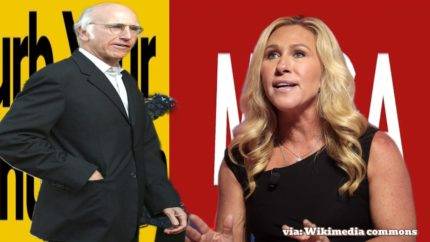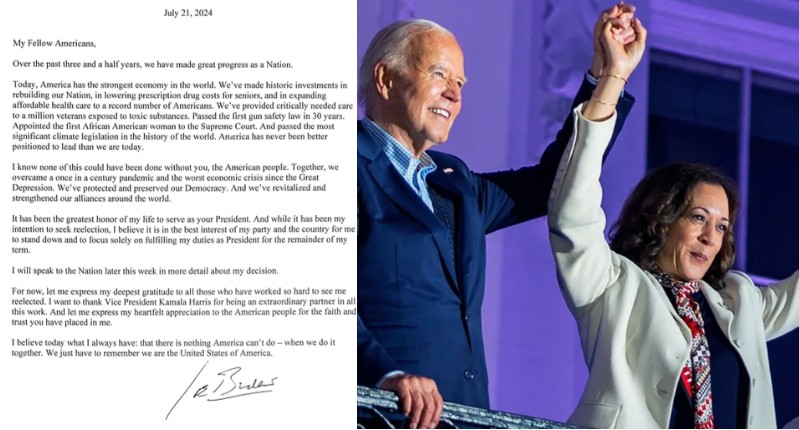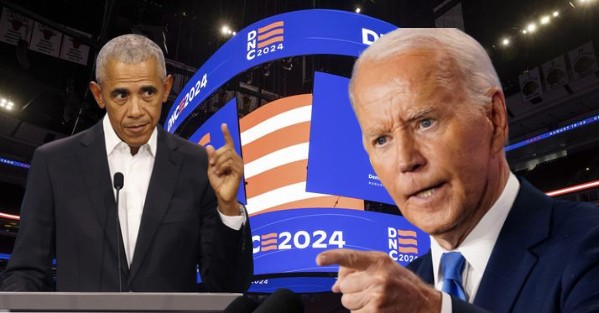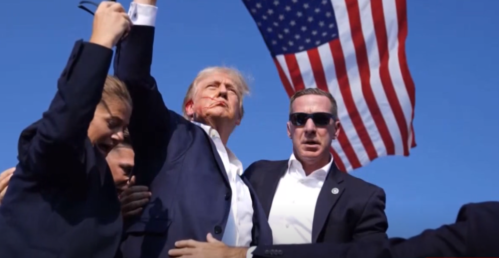Marjorie Taylor Greene’s Outrage
MAGA Congresswoman Marjorie Taylor Greene ignited controversy with her vehement criticism of the popular show “Curb Your Enthusiasm,” alleging it portrayed Trump supporters unfairly. In a series of tweets, Greene lambasted the show for its depiction of Georgia conservatives, labeling it as a misrepresentation of her constituents. Her vocal opposition to what she perceived as Hollywood’s influence in Georgia’s political landscape highlights her ongoing efforts to champion conservative values in entertainment media.
Taylor Greene’s reaction underscores the intersection of politics and popular culture, shedding light on the divisive narratives perpetuated by both sides of the political spectrum. By taking aim at a comedy series, she reignited debates over free speech and artistic expression, inviting scrutiny into her own stance on tolerance and diversity of viewpoints.
Twitter Tirade Against Hollywood
Taylor Greene’s Twitter tirade extended beyond criticism of “Curb Your Enthusiasm,” delving into broader grievances against Hollywood and its perceived values. Her denunciation of “disgusting Hollywood” and its alleged elitism resonated with her base but also drew criticism for its selective outrage. The irony of decrying Hollywood’s values while overlooking controversies within her own party, particularly regarding former President Trump’s conduct, did not go unnoticed by her detractors.
The phenomenon depicts ongoing culture wars and the role of entertainment media in shaping political discourse. Taylor Greene’s outspokenness reflects a larger trend of politicians leveraging social media to rally support and amplify their messaging, often at the expense of nuanced dialogue and constructive engagement.
Critique of Georgia’s Representation
Taylor Greene’s contention that “Curb Your Enthusiasm” misrepresented Georgia conservatives as racists and rednecks sparked debates about the portrayal of political identities in mainstream media. While her defense of her constituents is understandable, critics argue that her characterization overlooks legitimate criticisms of certain factions within the Republican Party. The broader implications of her comments raise questions about the intersection of entertainment, politics, and cultural identity.
Moreover, Taylor Greene’s focus on Georgia’s political landscape underscores the significance of regional dynamics in shaping national discourse. By challenging Hollywood’s portrayal of her state, she amplifies tensions between urban and rural populations, highlighting the complexities of representing diverse constituencies in a polarized political climate.
The Role of Satire in Political Discourse
Taylor Greene’s reaction to “Curb Your Enthusiasm” reignites discussions about the role of satire in political discourse and its potential to provoke controversy. While satire serves as a tool for social critique and humor, its effectiveness often hinges on subjective interpretation. Taylor Greene’s perception of the show’s portrayal of Trump supporters as offensive reflects broader debates about the boundaries of comedic expression and its impact on public perception.
This underscores the power dynamics inherent in media representation and the challenges of navigating satire in an increasingly polarized society. By engaging with controversial content, politicians like Taylor Greene navigate a delicate balance between defending their constituents’ interests and respecting artistic freedom.
Challenges of Representation in Politics
Taylor Greene’s confrontational approach to cultural criticism highlights the challenges of representation in contemporary politics. As a vocal advocate for conservative values, she confronts perceptions of her party while navigating internal divisions. Her efforts to defend Georgia conservatives from perceived attacks reflect broader anxieties about identity politics and the construction of political narratives in mainstream media.
However, Taylor Greene’s combative style risks further polarization and undermines efforts to foster constructive dialogue across ideological divides. As political figures navigate increasingly contentious terrain, the need for empathetic and inclusive representation becomes more pronounced, challenging traditional notions of partisan loyalty and ideological purity.
Calls for Accountability and Leadership
In light of Taylor Greene’s controversial remarks, calls for accountability and leadership within her district intensify. Critics argue that her actions undermine the credibility of Georgia conservatives and perpetuate harmful stereotypes about the region. As constituents evaluate her performance, the imperative for effective governance and responsible representation becomes paramount, highlighting the broader stakes of political leadership in a democracy.
Ultimately, Taylor Greene’s tenure in Congress underscores the complexities of political representation and the enduring tensions between individual conviction and collective responsibility. As voters weigh their options, the significance of principled leadership and ethical conduct remains central to the democratic process, shaping the trajectory of political discourse and governance in the United States.
Table of Contents
Discover more from OGM News NG
Subscribe to get the latest posts sent to your email.














